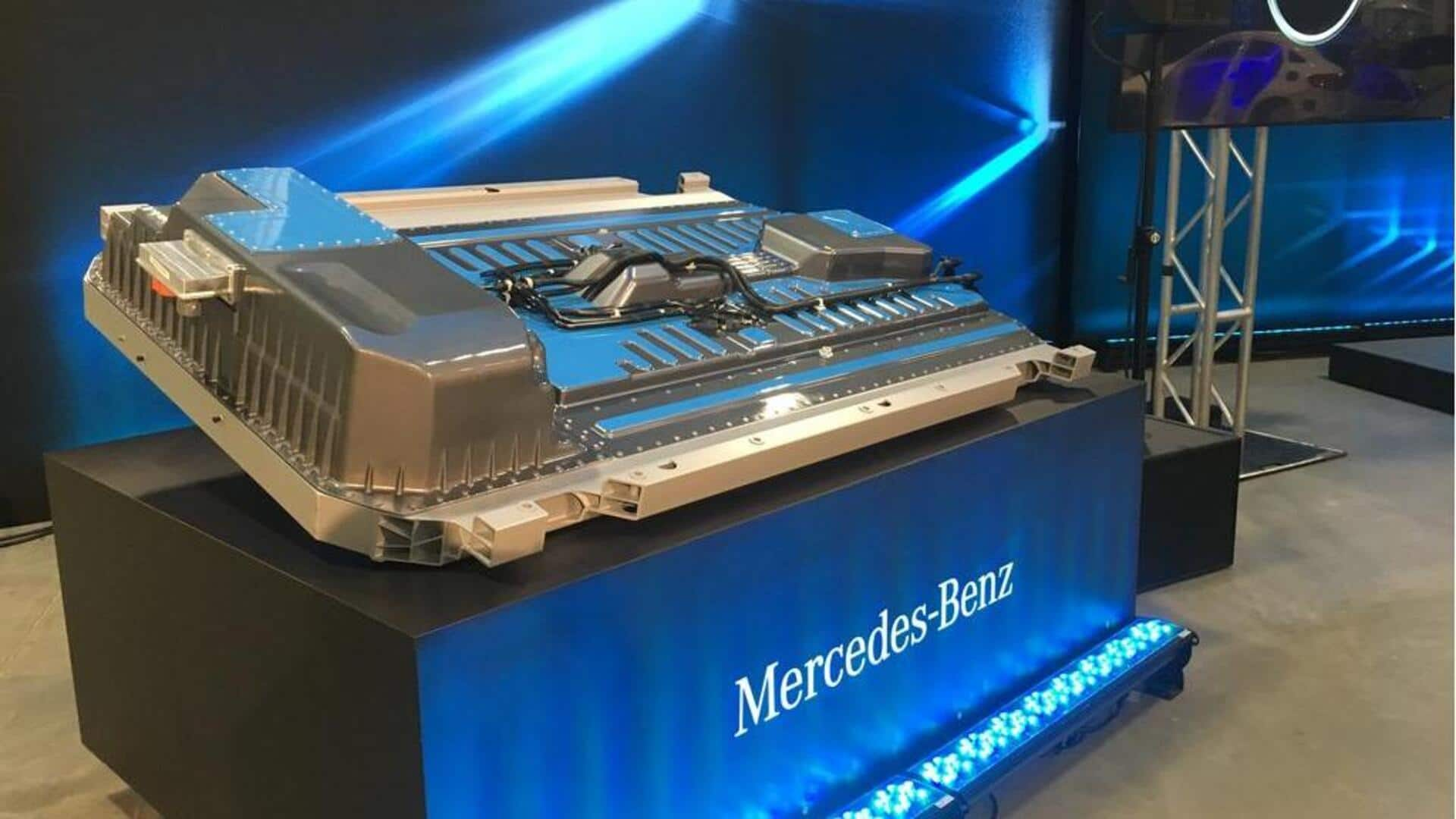
How Mercedes-Benz is giving old EV batteries a second life
What's the story
Mercedes-Benz has officially opened its first-ever electric vehicle (EV) battery recycling plant in Kuppenheim, Germany. The facility uses an innovative "integrated mechanical-hydrometallurgical" method to recycle EV batteries. This advanced technique is expected to recover over 96% of the precious minerals and metals used in these batteries, marking a major step toward raw material sustainability. Here's all about it.
Sustainable goals
A significant step toward raw material sustainability
Ola Kallenius, Chairman of the Board of Management at Mercedes-Benz Group, said the company is looking to build the most desirable cars sustainably. He called the new facility Europe's first integrated mechanical-hydrometallurgical battery recycling factory and a key milestone toward improving raw-materials sustainability. Kallenius added the plant is a testament to Mercedes-Benz's commitment to sustainable electric mobility and value creation in Germany and Europe.
Green operations
The recycling process and its environmental impact
The recycling plant shreds battery modules and employs a mechanical process to separate plastics, copper, aluminium, and iron. The remaining "black mass" is subjected to a hydrometallurgical process that extracts cobalt, nickel, and lithium. Notably, the facility runs entirely on electricity generated by solar panels. It has an annual capacity of 2,500 tons but plans to increase this volume over time using insights gained from its operations.
Expansion strategy
Mercedes-Benz's investment and future plans
Mercedes-Benz has invested tens of millions of euros in the new plant, which covers all steps in the process, from shredding battery modules to drying and processing materials. The critical metals are extracted individually via a chemical process for use in new battery cells. According to the carmaker, this facility uses less energy and produces less waste than other plants across Europe.